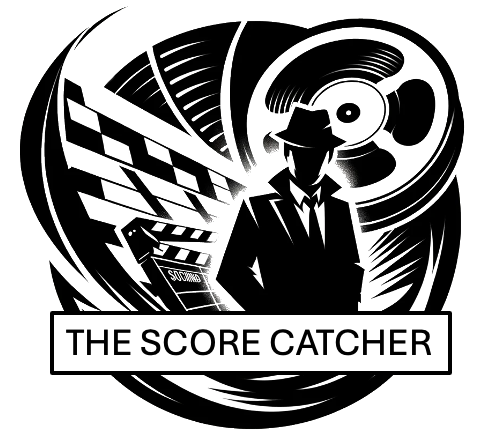Sunday, C4, 10:00pm
Guillermo del Toro’s Nightmare Alley (2021) is a visually stunning dive into the shadowy world of carnival grifters and moral ambiguity. Based on the 1946 novel by William Lindsay Gresham, the film follows the rise and fall of Stanton Carlisle (Bradley Cooper), a man whose talent for deception leads him from the seedy underbelly of carnival life to the gilded halls of high society. But as is del Toro’s signature, the façade of glamour soon cracks to reveal something far more grotesque. With its striking cinematography, meticulous period detail, and a cast of rogues and manipulators (Cate Blanchett is pure venom in satin), the film seduces and unnerves in equal measure.

The score by Nathan Johnson is as much a character in the film as the tarot cards and flickering neon signs. Johnson, who replaced Alexandre Desplat due to scheduling conflicts, crafts a sonic landscape that perfectly mirrors the film’s dualities: lush yet unnerving, grand yet grotesque. The score is built around haunting orchestral arrangements, with dissonant strings and brooding brass that evoke the menace lurking beneath Stanton’s ambitions. The theremin, a fitting nod to the film’s 1940s setting, occasionally wails in the background, adding an otherworldly edge to the proceedings. The result is a score that envelops the audience in unease, but never overpowers the film’s tightly wound narrative.
For collectors, this soundtrack is a treasure trove. Johnson’s score has been praised for its analogue warmth, a rarity in an age of hyper-polished production. The vinyl release, with its art deco-inspired packaging, is a collector’s dream. Moreover, del Toro’s obsession with detail means the soundtrack is peppered with eerie carnival sounds and period-appropriate jazz tracks, grounding the film’s fantastical elements in a tactile reality. It’s a musical journey as twisted as Stanton Carlisle’s own, and one that leaves you questioning where the real monsters lie: under the big top, or behind the veneer of polite society? Either way, it’s a score worth losing your soul to.
- Paul Allen
